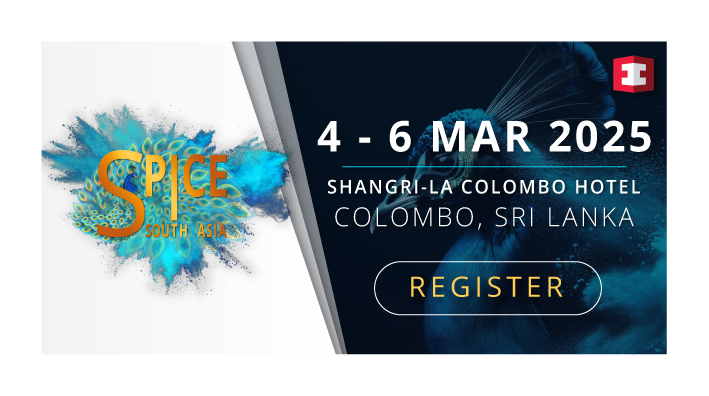VIGE 2017 – RECAP FROM E-GAME SPECTRUM | Conversation 2: Germany, Czech Republic and Hungary

The first ever gaming exhibition in Vienna took place last week – the Vienna International Gaming Expo (VIGE 2017) organized by EEGEvents - Part of EEG. Our media team attended the event and we have prepared short recaps about the seminars from the first two days of the expo. We also had the chance to talk to some of the speakers, all of them experienced professionals and visionaries from the gaming industry.
After Conversation 1: about Austria, Croatia and Slovenia, day 1 continued with fruitful discussion on the current condition of the markets in Germany, Czech Republic and Hungary.
Martin Arendts from Arendts Anwaelte outlined the main characteristics of the German market at the moment. He stated that the country has an almost mature market, but 'certainly no mature regulation'. According to Mr. Arendts' summary not a single betting license has been granted since 2012 in Germany and online casino games have not been properly regulated either, since there are a lot of illegal online gambling.
In the past 10 years there have been constant changes in the regulation regarding sports betting and gambling. The recently proposed new legal regime has been criticized by the European Commission and still there is no coherent and modern regulation after the landmark sports betting decision of the German Federal Constitutional Court.
Gabor Helembai from Bird & Bird made a quick update on the Hungarian gambling market. Regarding online gambling, online licenses can be granted to only land-based operators. So far, there have been only one online casino license in Hungary. According to Mr. Helembai there is a huge demand for slots and VLTs in Hungary, since they are only available at casinos.
According to the report of Jan Rehola from PS Legal, the market in the Czech Republic is healthy and developed with €300 million GGR, thus becoming the second biggest land-based market after Australia. There is huge uplift in online gambling in the Czech Republic. The online market is growing with 30% every year and it's expected to double its size in two years. Mr. Rehola also outlined the main principles of the newly adopted gambling act in the Cezh Republic. According to it any company based in the EU can ask for a license in the Cezh Republic and the licenses are present for all types of games. The tax regime is based on GGR – no taxes on winning are imposed on players.
In an interview for Game Spectrum we asked Jan Rehola about the immediate consequences of the new gambling act introduced in 2017 in the Czech Republic.
'The key finding so far is that the market is now open so any operator based within the EU or European economic area can now apply for a license. The license procedure has started and there are more than 20 companies who have already asked for license and certified license obligation is expending.
First licenses were already granted. One for live games was granted to Poker stars, and one for online casino was granted to Fortuna - a Czech based operator. For online operator there are another two licenses granted. So the first consequence is that the market is open up, it’s growing and the foreign companies are going to be present in the Czech republic.'
About the further development of the online gambling and whether it will affect even more the land-based market, Mr. Rehola explained:
'The Czech Republic has very rich land-based industry with 80,000 VLT and slot machines, which is very rich for 10 million country. What we see in the trends is that the land-based industry is decreasing and online is growing currently by 30% a year, but after the opening of the market we expect that it will double its size in two years. We will see whether the online operators will manage to turn the physical players to their online offerings and online services. My personal opinion is that many of the players will then play online.'
Author: Hristiana Petkova
Associate Editor



































rules for writing comments